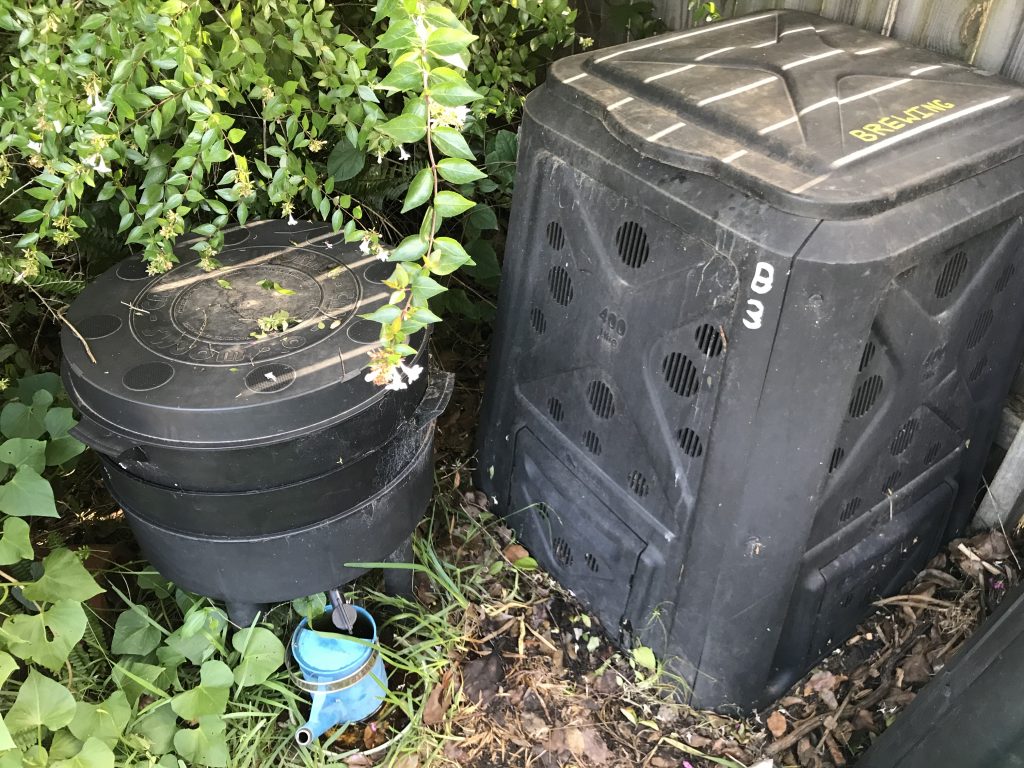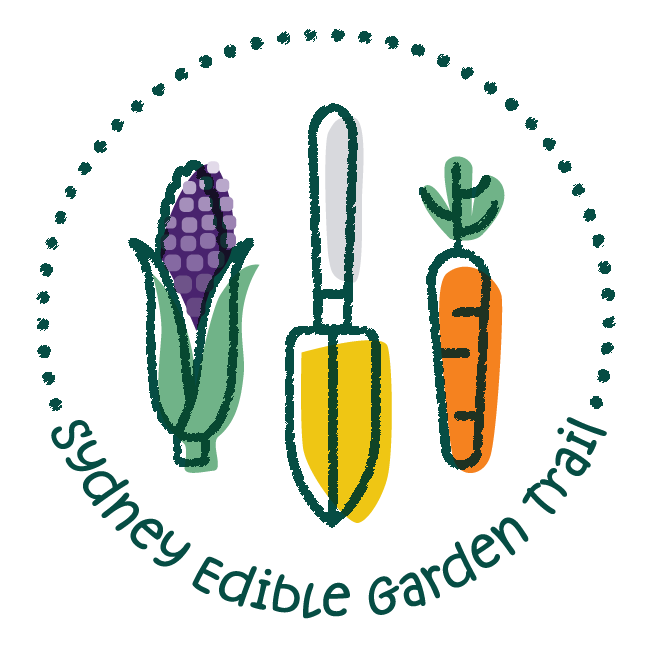
A worm farm (or wormery) is a type of composting system that uses the eating power of special composting worms (red wrigglers and tiger worms) to turn raw kitchen fruit and vegetable scraps, coffee grounds, tea leaves, eggshells, paper, and cardboard into wonderful ‘vermicompost’ (worm poo) and worm ‘tea’ (worm wee). Many edible gardens have both compost heaps and worm farms, but worm farms are especially good for those with limited space, like a balcony garden.
A worm farm can process waste much faster than a regular compost heap, and the resulting vermicompost and worm tea are powerful garden helpers. The secret is in the many, many millions of microbes that live in the guts of each worm!
The rich dark vermicompost is like super-powered compost because it is full of good microbes that convert nutrients to a form that plants can absorb. When added to your garden it improves soil structure, and boosts the health and productivity of plants.
Worm tea, also known as ‘liquid gold’, adds billions of good microbes to your soil. Add it to your watering can when you water plants – dilute it to the colour of weak tea. It can be used as a plant spray to help fight pests and disease because it contains microbes which produce a digestive enzyme that breaks down the exoskeletons of insects. Good microbes also suppress diseases like root rot. Simply dilute it and spray your plant leaves until it is dripping onto the soil. Worm tea will also give your compost heap a boost.
Worm farms can be low fuss – keep them in the shade and remember to feed and water them, especially in warm weather. Don’t feed them with any cooked food, and limit the amount of onion and citrus as they can be too acidic. Cover the surface with 5 or 6 sheets of damp newspaper, old cotton t-shirts, or hessian sacks to keep them moist (and the worms will eventually eat them!).
There are a variety of worm farm kits you can buy or you can make your own from wheelie bins, styrofoam boxes, tubs and buckets or even an old bathtub. You can buy a box of worms from most garden stores, or ask a nice gardening friend or community garden with a well-developed worm farm to help get you started. Many Sydney councils offer courses and discounted compost bins and wormeries.
